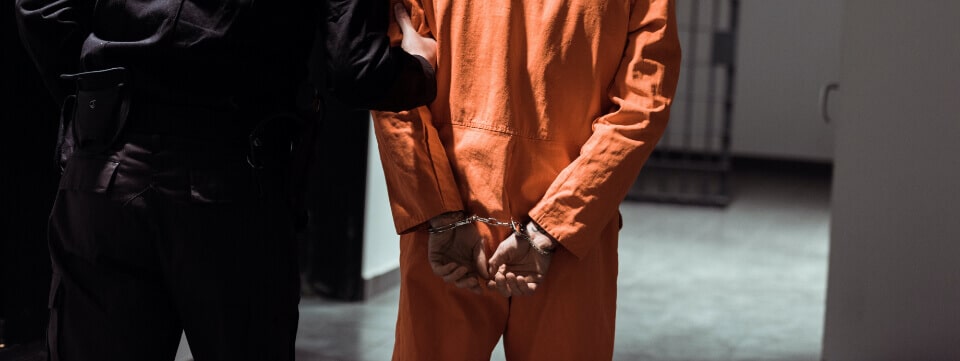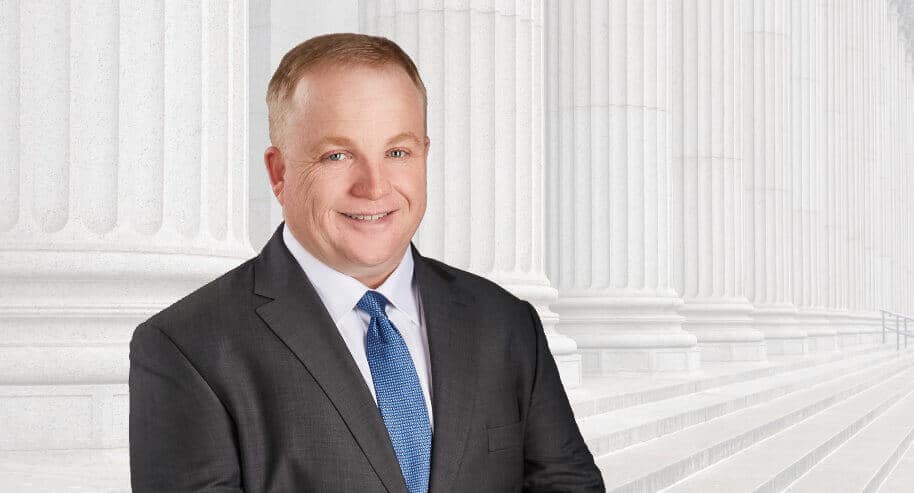
Teenagers are bound to make mistakes, and some of those mistakes may land them in North Carolina’s juvenile justice system. This system is not as comparable to the adult criminal court system as you might first suspect.
While the adult criminal court system is quite rigid, with only a few programs to divert individuals away from criminal convictions, most adults must prove their innocence or face sentencing upon conviction.
The juvenile justice system, on the other hand, focuses on early intervention and education. While it can include appropriate punishments for unlawful or dangerous behavior, it is much more interested in providing the services adolescents need to get back on track.
Despite this focus, it is still very much a court system and teenagers facing accusations of delinquency or of committing a crime should work with a juvenile lawyer to protect their rights and best interests.
To learn more about navigating the North Carolina juvenile court system, call criminal defense attorney Jonathan Breeden of Breeden Law Office at (919) 661-4970.
Currently, children ages six through 15 may be charged as juveniles. Children 16 and over are automatically processed through the adult court system. However, recent changes in juvenile law with the Juvenile Reinvestment Act will change that in 2019. At that time, children aged 17 and younger will be considered juveniles for criminal processing. There are exceptions in which juveniles may be transferred to the adult system. If a child age 13 or older commits a violent crime, they may be charged as an adult.
Teenagers can enter the juvenile justice system if they are picked up by the police or if another adult files a complaint against them. The process can but does not have to start with an official arrest. However the complaint comes about, the teen must go through the intake process with a juvenile court counselor.
The counselor reviews the complaint and speaks with the teen. Within one month, the counselor decides whether the issue is serious enough to move forward within the court system, whether community resources may be more appropriate, or whether neither is necessary and the case should be closed.
Common issues that lead teenagers into the juvenile justice system are:
Minor to more serious issues such as skipping school to alcohol abuse may necessitate a diversion plan that has the youth participate in community resources. The purpose of community programs is to provide evidence-based education and preventative measures to reduce juvenile crime and delinquency. North Carolina has a number of residential and non-residential programs for troubled youth, including:
Serious allegations such as sexual assault, murder, violence, and burglary must move forward into the juvenile justice system.
Once a counselor determines the accusations must move forward into the court system, a petition is filed and the youth will be required to appear in court for a first appearance and then a probable cause hearing.
Teenagers have a right to an attorney at this time and should have a lawyer by the time of the probable cause hearing since this is when the judge decides whether there is enough evidence to move forward with an adjudication hearing, dismiss the case, or transfer the case to the adult court system.
Situations in which the teen’s actions would be a very serious felony if committed by an adult could necessitate their case being transferred to the adult system.
If the teen’s case moves forward in the juvenile system, the adjudication hearing is when the judge determines if the evidence supports the accusations and a finding of an undisciplined or delinquent youth.
An undisciplined teen is one who skips school, is consistently disobedient to parents or guardians, is regularly found in unlawful places like bars, or has run away for more than 24 hours.
A delinquent youth is one who has performed an act that would be a crime under a local ordinance or state law if committed by an adult.
The next step is a dispositional hearing in which the judge determines appropriate sanctions.
If an adolescent has been adjudicated as undisciplined or delinquent, then there are three common outcomes. Undisciplined youth are often put under protective supervision, which means the teen and their family must work with a court counselor and adhere to certain conditions.
It may also include participating in a community program. A delinquent youth, both level 1 and level 2, may be placed on probation, which is a heightened level of court supervision and will have more serious conditions and consequences.
Level 2 is more intensive than level 1 and can include more community service hours and stricter probationary terms. A level 3 youth may be sent to a youth development center for a period of time.
The circumstances surrounding the initial complaint and the proceedings can greatly affect parents’ rights and responsibilities. If there is a serious issue, the teenager may be taken into custody.
If so, there will be a hearing on whether the teen should remain within a development center or should be released to their parents, another adult, or the foster care system. If the court finds going home is not safe or within the youth’s best interests, they may not be allowed to return to their parents. In extreme circumstances, there may be grounds to terminate parental rights.
However, most parents should focus on their responsibilities during their child’s juvenile proceedings. Most outcomes will require the parents to participate in their child’s community program, supervision, or probation. For example, parents may have to attend therapy sessions with their child.

Juvenile offenses should not be taken lightly and can quickly become overwhelming for the individuals involved as well as their families. At Breeden Law Office, we know how stressful these situations can be and are prepared to help you move forward.
Parents and adolescents who are facing juvenile court proceedings should work with North Carolina criminal defense lawyer Jonathan Breeden to ensure the teen’s rights are protected at all times and that the outcome of the case is appropriate.
For more information, call Breeden Law Office at (919) 661-4970 right away.
Call Breeden Law Office today:
Call (919) 661-4970